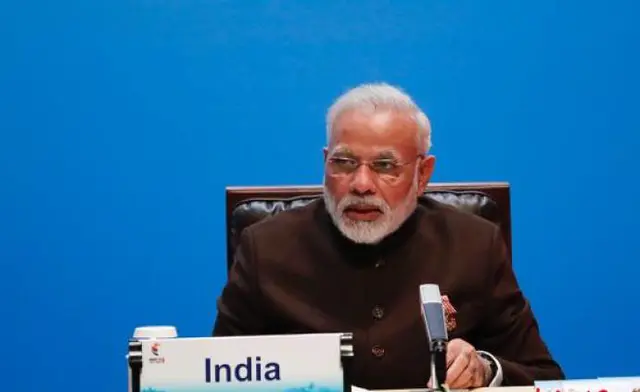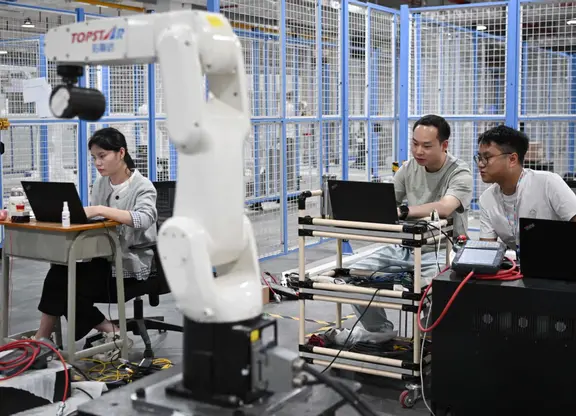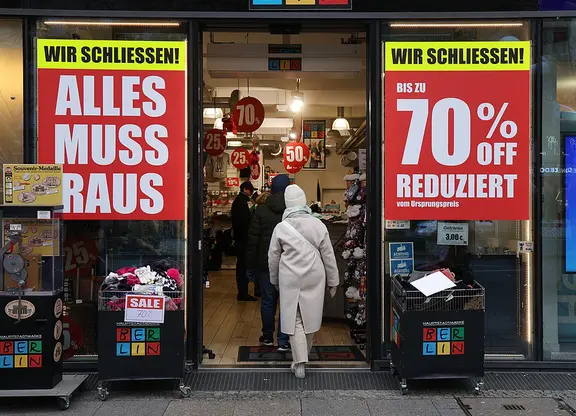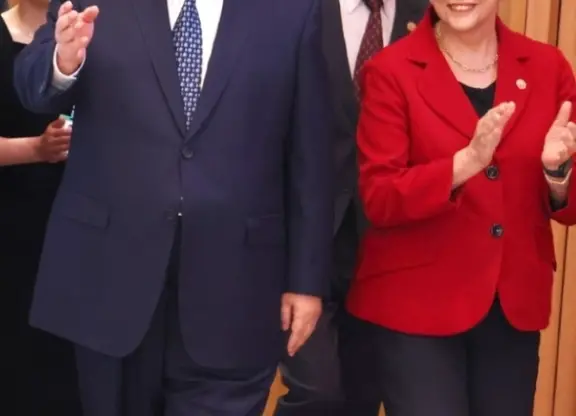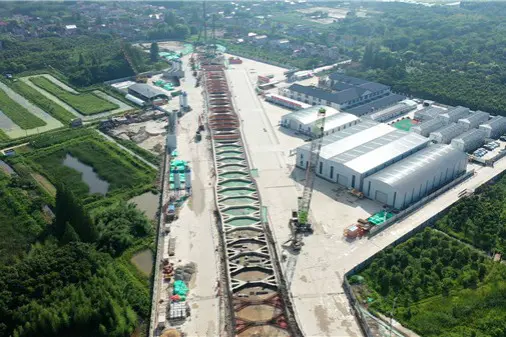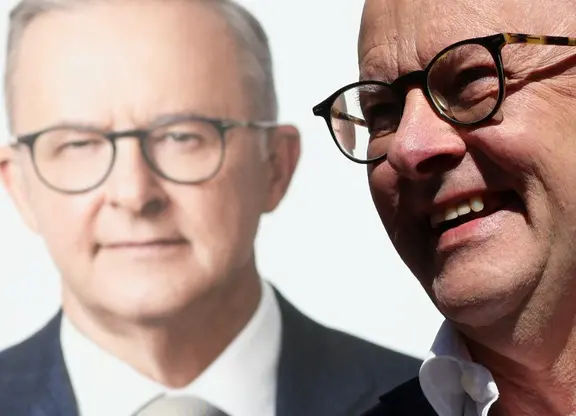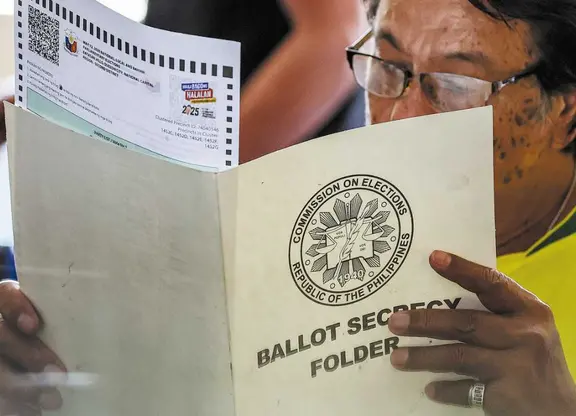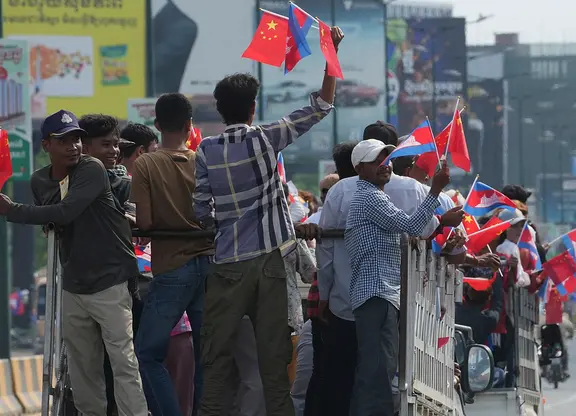Investigative group Bellingcat on Monday identified the second suspect in the poisoning of former Russian spy Sergei Skripal as a doctor employed by Moscow's GRU military intelligence service.
The Kremlin has rejected past charges about its involvement in the case as fabrications aimed at discrediting Russia.
Yet analysts will read Bellingcat's latest publication for more clues into the alleged workings of a Russian spy agency at the center of several international disputes.
"We have now identified 'Alexander Petrov' to be in fact Dr Alexander Yevgenyevich Mishkin, a trained military doctor in the employ of the GRU," the British-based group said in a report.
An emergency worker in protective suits searches around John Baker House Sanctuary Supported Living after a major incident was declared when a man and woman were exposed to the Novichok nerve agent in Salisbury, July 6, 2018. /VCG Photo
Skripal and his daughter Yulia were poisoned by a Soviet-designed chemical agent called Novichok in the English town of Salisbury in March.
Britain accuses the Russian government of trying to kill Skripal in retaliation for his ongoing work with European intelligence agencies.
Russia flatly rejects the charge.
The Skripal case and last week's revelations that the GRU also allegedly tried to hack into the world's chemical weapons watchdog in the Netherlands have further tattered Moscow's strained ties with the West.
A still image from CCTV footage shows former Russian spy Sergei Skripal buying groceries at a convenience store in Salisbury, February 27, 2018. /VCG Photo
Bellingcat became a thorn in the Kremlin's side by detailing its alleged crimes during the wars in Syria and Ukraine.
It worked with the Russian investigative team at The Insider to name the first of the two Skripal suspects as GRU agent Anatoly Chepiga last month.
Bellingcast said Chepiga was decorated in 2014 with the nation's top award in a secret ceremony at the Kremlin.
"While Alexander Mishkin's true persona has an even sparser digital footprint than Anatoliy Chepiga's, Bellingcat has been able to establish certain key facts from his background," it wrote.
The forensic tent, covering the bench where Sergei Skripal and his daughter Yulia were found, is repositioned by officials in protective suits in the center of Salisbury, March 8, 2018. /VCG Photo
The group showed an apparent scan of his real national ID card– called a passport in Russia– from 2001.
Mishkin was identified there as having been born in July 1979 in the northwestern region of Arkhangelsk.
Bellingcat said he graduated from one of Russia's elite Military Medical Academies with the qualification to become a doctor for the Russian naval armed forces.
Ruslan Boshirov (L) and Alexander Petrov, suspected by the British authorities of poisoning former GRU officer Sergei Skripal and his daughter Yulia in Salisbury in March 2018, give an interview to the RT news channel. /VCG Photo
"During his medical studies, Mishkin was recruited by the GRU, and by 2010 had relocated to Moscow, where he received his undercover identity– including a second national ID and travel passport– under the alias Alexander Petrov," according to Bellingcat.
Mishkin was said to have made repeated trips to Ukraine and had even stated the GRU headquarters as his home address.
Bellingcat said it gathered its information from open sources and "testimony from people familiar with the person."
(AFP)
 简体中文
简体中文

